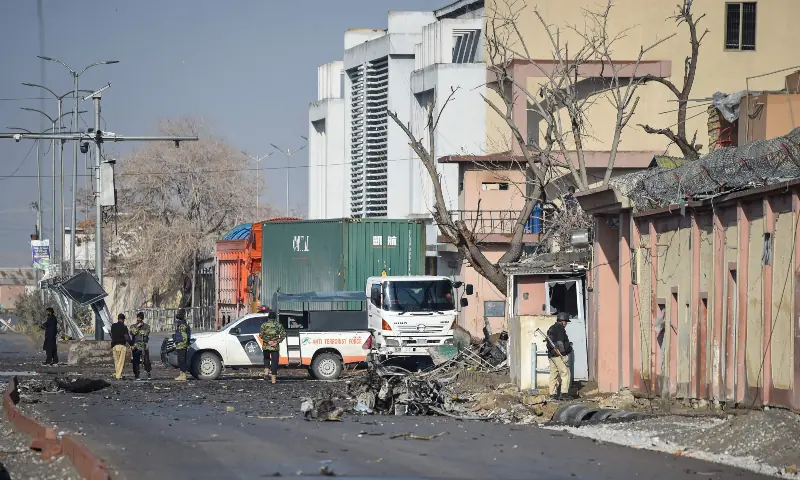Officials from Armenia and Azerbaijan have said that they had agreed on the text of a peace deal to end nearly four decades of conflict between the South Caucasus countries, a sudden breakthrough in a fitful and often bitter peace process.
The two post-Soviet countries have fought a series of wars since the late 1980s when Nagorno-Karabakh, a region in Azerbaijan that had a mostly ethnic Armenian population at the time, broke away from Azerbaijan with support from Armenia.
Also See: Pakistan and Azerbaijan Strengthen Ties with Landmark Agreements on Trade, Energy, and Defense
Armenia’s Foreign Ministry said in a statement on Thursday that a draft peace agreement with Azerbaijan had been finalised from its side.
“The peace agreement is ready for signing. The Republic of Armenia is ready to start consultations with the Republic of Azerbaijan on the date and place of signing the agreement,” Armenia’s Foreign Ministry said in a statement.
In its statement, Azerbaijan’s Foreign Ministry said: “We note with satisfaction that the negotiations on the text of the draft Agreement on Peace and the Establishment of Interstate Relations between Azerbaijan and Armenia have been concluded.”
However, the timeline for signing the deal is uncertain as Azerbaijan has said a prerequisite for its signature is a change to the constitution of Armenia, which it says makes implicit claims to its territory.
Armenia denies such claims, but Prime Minister Nikol Pashinyan has said repeatedly in recent months that the country’s founding document needs to be replaced and has called for a referendum to do so. No date has been set.
The outbreak of hostilities in the late 1980s prompted mass expulsions of hundreds of thousands of mostly Muslim Azeris from Armenia and Armenians, who are majority Christian, from Azerbaijan.
Peace talks began after Azerbaijan retook Karabakh by force in September 2023, prompting almost all of the territory’s 100,000 Armenians to flee to Armenia. Both sides had said they wanted to sign a treaty to end the long-running conflict, but progress has been slow and relations tense.
The two countries’ 1,000km (621-mile) shared border is closed and heavily militarised.
In January, Azerbaijani President Ilham Aliyev accused Armenia of posing a “fascist” threat that needed to be destroyed, in comments that Armenia’s leader called a possible attempt to justify fresh conflict.
This news is sourced from Al Jazeera and is intended for informational purposes only.

![Armenia and Azerbaijan finalize a draft peace deal, marking a breakthrough in efforts to end decades of conflict. [Image via Reuters]](https://southasiatimes.org/wp-content/uploads/2025/03/2021-02-02T131747Z_1183444155_RC2DKL9F05ZN_RTRMADP_3_ARMENIA-AZERBAIJAN-NAGORNO-KARABAKH-VILLAGE-1741880411.webp)




